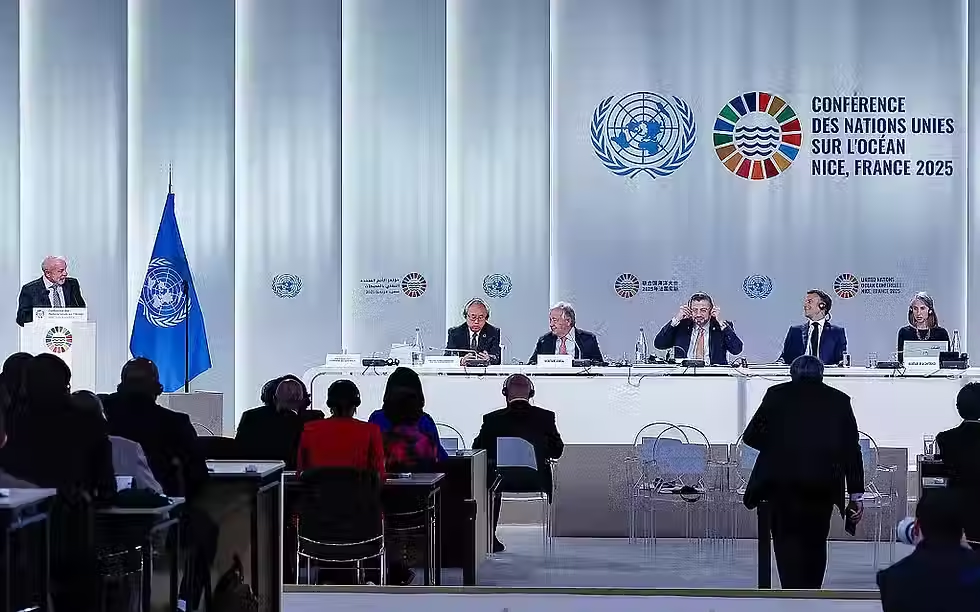World Bank Projects Sri Lanka’s Growth to Slow to 3.5% in 2025
- TPP

- Jun 13, 2025
- 2 min read

Sri Lanka’s economic recovery is expected to lose momentum in 2025, with the World Bank projecting a slowdown in GDP growth to 3.5%, according to its latest Global Economic Prospects report. This follows a modest rebound in 2024, which was primarily driven by improvements in industrial output and construction activity. However, the positive trend appears fragile amid rising structural and external pressures.
The report highlights that despite the progress made, structural weaknesses—including fiscal vulnerabilities and limited investor confidence—continue to weigh on the country’s outlook. In addition, global uncertainties such as fluctuating commodity prices and geopolitical tensions are now posing significant risks that could potentially derail the recovery.
Among the key reasons cited for the projected slowdown are the lingering impacts of Sri Lanka’s recent economic crisis, which severely disrupted public finances, debt sustainability, and investor sentiment. Combined with ongoing external challenges, these factors have led the World Bank to revise its earlier, more optimistic projections downward.
When compared to its regional peers, Sri Lanka’s expected growth appears more subdued. India is projected to maintain robust momentum, with a forecasted growth rate of 6.3% in FY2025/26, buoyed by strong domestic demand and continued investment. Meanwhile, Bangladesh is anticipated to expand at a moderate pace of 4.9%, supported by exports and infrastructure development.
In contrast, Pakistan—like Sri Lanka—is expected to face persistent challenges, with growth projected at a slower 3.1%. These numbers reflect a broader trend across South Asia, where mixed recovery paths are shaped by each country’s internal reforms and external vulnerabilities.
The World Bank also issued a broader regional warning, noting that downside risks remain significant. These include rising global trade tensions, ongoing financial tightening in major economies, and increasing climate-related disruptions, all of which could compound existing economic pressures in the region.
For Sri Lanka in particular, the path to sustained economic recovery will require bold and consistent efforts. The World Bank emphasized the importance of implementing structural reforms, enhancing debt management, and building resilience to external shocks—critical steps to restore stability and foster long-term growth in the post-crisis environment.



Comments